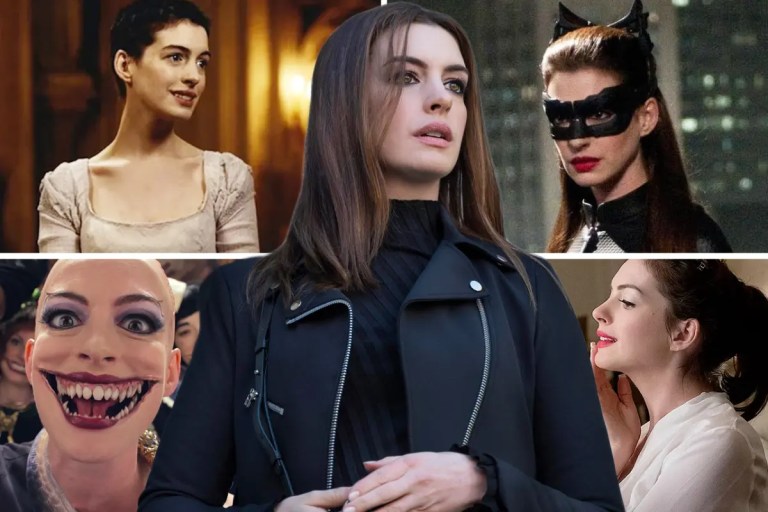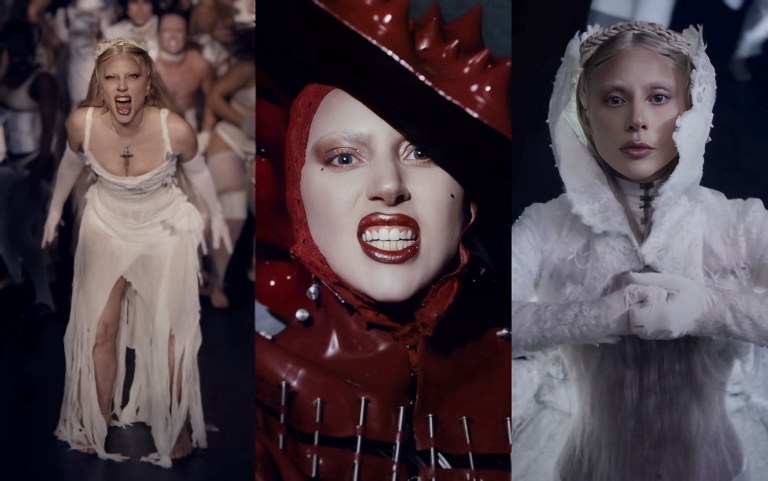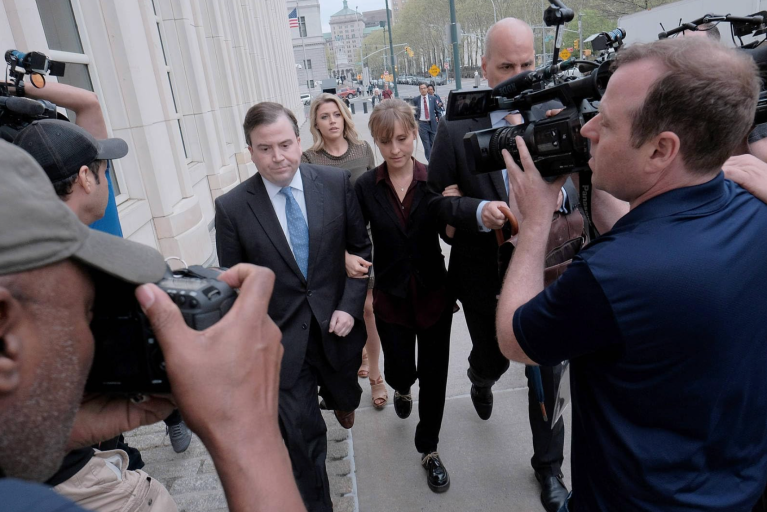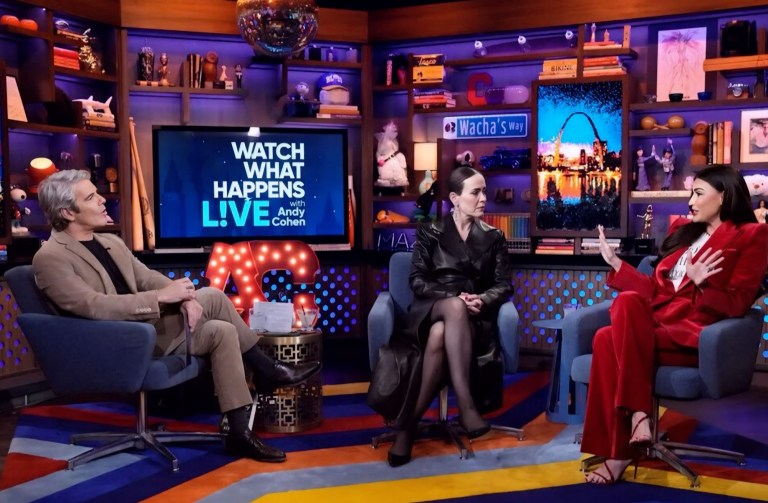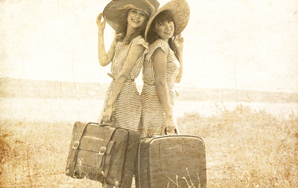
I Lost All My Best Girlfriends In My 20s
As an adult when you are pressured to prioritize your romantic relationship over all else, it is difficult to cultivate those other super important relationships in your life.
I recently moved back to my parents’ home in my hometown, St.Paul, Minnesota. Surrounded by childhood photos, I noticed distinct patterns about my socialization; at one point, I was the type of person who had BEST friends. Friends I wished I were secretly related to. Friends I planned my imaginary future life around. Friends I couldn’t imagine living without. Another significant observation: these formative relationships were all forged with other girls. Now 20 years later, my most significant relationship is with my partner (a guy), who I often (maybe obligatorily) refer to as my best friend. Although an endearing way to describe our love, it also speaks volumes about the absence of other significant relationships in my life. Namely relationships with women. What happened to my best friends?
I met Tanya the first day of kindergarten. Decked out in cowboy boots and pigtails she was one badass little 6-year-old. She was the type of girl who would use our classroom telephone for the sole purpose of communicating swears, the type of girl who would throw tootsie pops at older boys in the hallway, the type of girl who would befriend an introverted classmate who attended school with her mother. Our deep and complicated friendship spanned over a decade, well into high school. She gave me my first lipstick tutorial and exposed me to New Kids on the Block. With her I learned about boys (not that interesting), sneaking into rated R movies (much more interesting), and how to distill a Seventeen Magazine quiz. As the first person I loved outside of my family, Tanya redefined the way I thought about love.
Another important feature about her: she was fiercely loyal. I one of the first times I understood this was in our first grade classroom when she talked back to a teacher who reprimanded me for wearing (Tanya’s) lipstick. Who was she to say I was too young? Although the incident resulted in both of us being sent to the Principal’s office, it was a victory in our young minds. Tanya had my back in every situation — against my parents (which got me in trouble), against other girls at school that disapproved of my lack of knowledge about The Bodyguard (which got us into trouble). No matter what she had to lose she was ride or die.
As a 6-year-old I couldn’t imagine my life without Tanya, all of my fantasies about being a marine biologist and living in Australia featured her as a core component of my adult life. This feeling persisted throughout middle school and into high school. We would go to college together. Move (preferably to a coastal area) together. Start families together. But somewhere between freshman and sophomore year, Tanya changed high schools. And all of a sudden, when we didn’t see each other every day we began to notice our differences a lot more than our similarities.
Ellie was a friend in high school. Two years younger she was more interested in listening to music than talking about boys, trips to the mall, or even school. Once Tanya changed schools my exposure to Ellie increased exponentially. We would hang out in between classes, spend our free periods together and leave campus to get lunch together. These hangouts began to extend beyond the school day and into the weekends. Ellie and I bonded over our differences. When we went to the mall she would patiently wait as I shopped in Abercrombie and I would return the favor as she perused Hot Topic. I wanted to go see bands while Ellie wanted to be in bands. I was interested reading textbooks and writing papers to get good grades while Ellie was more interested in reading her own books and writing fictional stories for herself than papers for class.
Before we knew it I became an extension of Ellie and she of me. As a 17-year-old girl this meant spending every waking moment together. When I flew to NYC to visit NYU, Ellie came along to help me decide if I would go. In fact, she was the reason I even applied to NYU. She convinced me that NYC would be an amazing place to live and promised to come once she graduated. Ellie became the person I built my plans around. She was the one who convinced me to try falafel. She was the one who took me to the iconic yet dilapidated St. Mark’s St. When I finally left for NYU she was the person I would fly home and surprise. Over summer vacation she would come and visit the east coast. When she dropped out of school, she drove to NYC with her mom to follow through on her promise to live in the same city as I did.
Unfortunately as I “matured” I began to reprioritize my life. Although marriage is something that was always central to the way I understood relationships, the drive to find true love took precedence over the love that I already had in my life. During the year that Ellie spent in NYC I met a guy, and all of a sudden I began hanging out with Ellie a lot less. After living in two shitty apartments and working a shitty job (there’s not much intellectually stimulating work if you don’t have a high school diploma) she decided to move back to Minnesota. We kept in touch through letters and visits home. We began talking less. I moved in with my partner. I graduated. I got a shitty job. Life moved on.
I’ve written before about heteronormativity and the intoxicating lure of replicating normative relationships. Within a heteronormative paradigm marrying your soul mate is the ultimate achievement: it is the legal iteration of love, the beginning of a family, a contract that spans a lifetime. But where does that leave friendships? And if you are a woman who ends up with a man, where does that leave your relationships with other women? I miss those complicated and intense relationships with other girls. I miss sleepovers. I miss the familial bonds that existed between myself and other women. What does it mean that the single most important relationship I have is with a man? What do I stand to lose by prioritizing this?
The thing about friendships, especially good friendships, is that they take time. They take effort. They take intention. As an adult when you are pressured to prioritize your romantic relationship over all else, it is difficult to cultivate those other super important relationships in your life. For the first time since graduating college, I live in the same town as both Ellie and Tanya. If this were a best friendship romantic comedy it would be the perfect ending. Maybe we would run into each other at a coffee shop and break out into uninterrupted jokes and reminiscing. Maybe we would make eye contact at a concert and one drink would lead to another and we would be best friends again. Unfortunately romantic comedies are not that awesome and I’m not that good of a friend. ![]()
